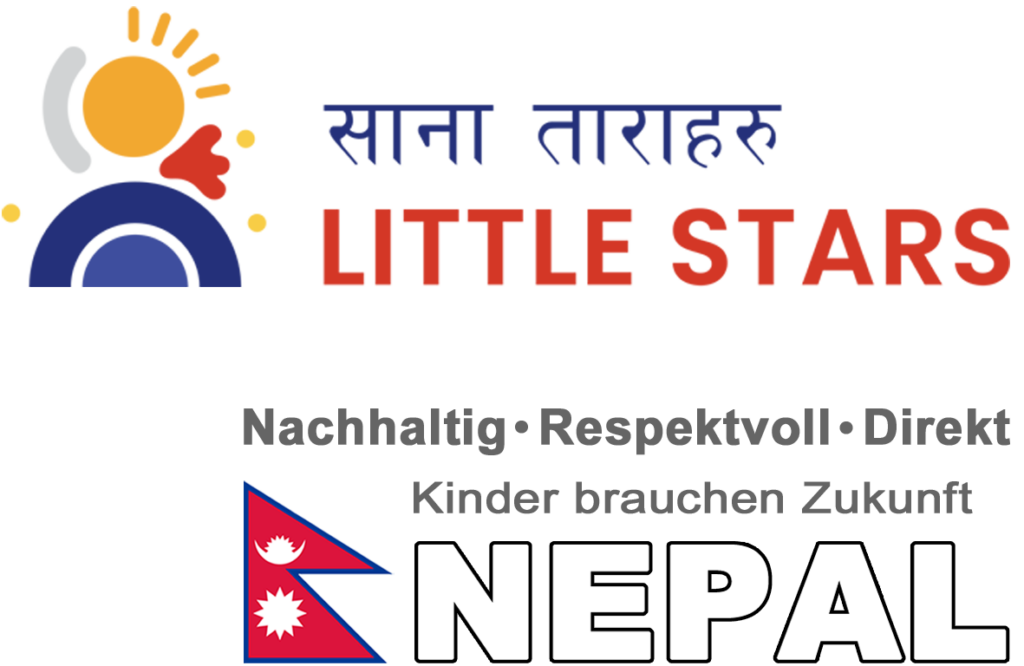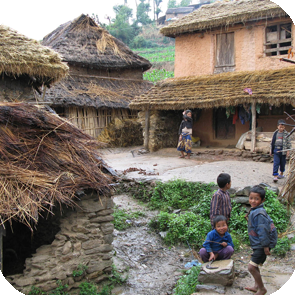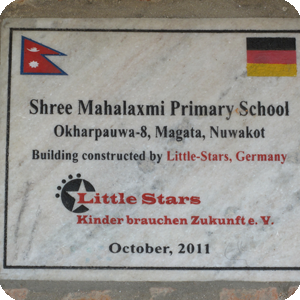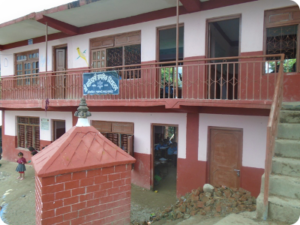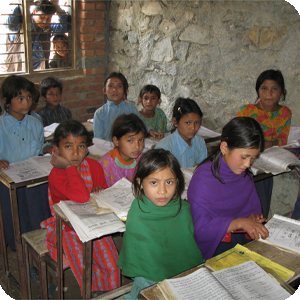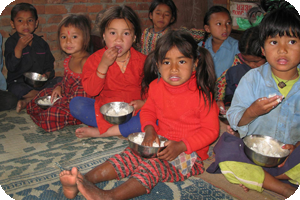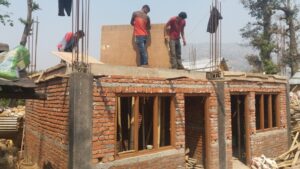Village Development Project Okharpauwa
In the north-west of Nepal’s capital Kathmandu lies the Okharpauwa area. It is characterised by extremely poor conditions. Some families work as rubbish collectors at the nearby large Kathmandu rubbish dump.
In the past, widespread child marriage and tiny landholdings of the farming families combined with alcohol abuse by the men have left the village community far behind in development. Due to the hard physical work demanded of the children in the parental home, regular school attendance is often not possible.
With the expansion of a small one-class school into a complete primary school with 9 teachers today, Little Stars has laid the foundation for giving the children living here a chance at education. The support of a secondary school and the setup and operation of a health station after the severe earthquake were further important steps to sustainably and permanently improve living conditions.
Main Activity Areas
- Construction and operation of a primary school.
- School uniforms, teaching materials, warm winter clothes, hygiene products and many other things are provided via our sponsorship programme.
- Operating a Health Post and information events organised by Little Stars have improved living conditions considerably after the 2015 earthquake.
- Running a Kindergarten to provide education to pre-school kids..
- Job Training offers school leavers occupational education to improve their chances at the labour market to find employment.
- Supporting the reconstruction of damaged or destroyed homes after the 2015 earthquake by providing our trained masons free of charge
